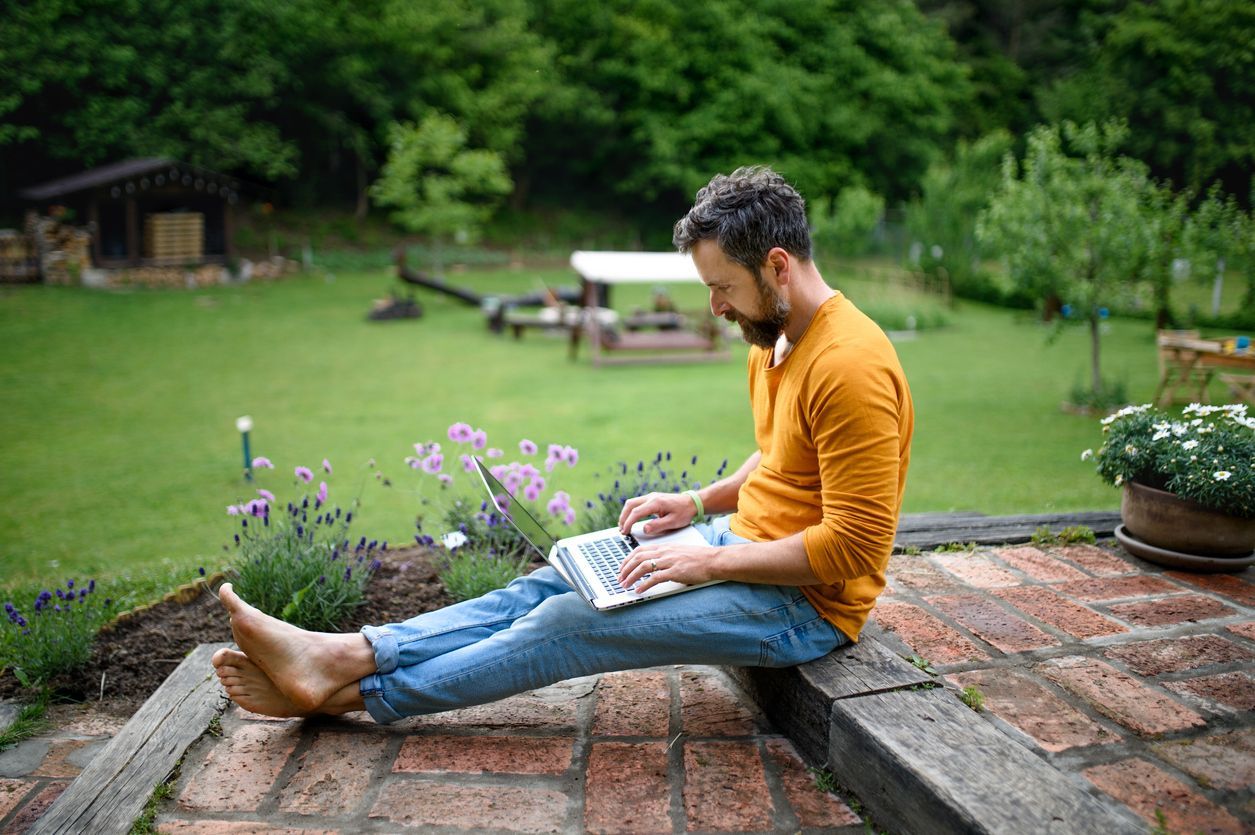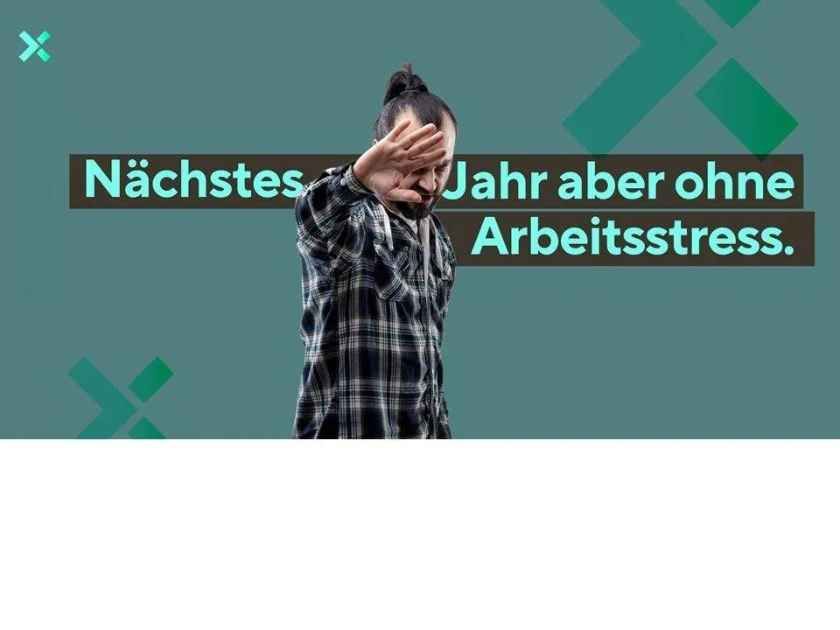
Six common interview questions - and how to answer them
Jan. 26, 2020
The days leading up to an important job interview can be exciting — but also a bit nerve wracking. The hiring manager has already seen your résumé and is aware of your qualifications and experience, so now it’s all about presenting yourself as a capable and confident professional who’ll be an asset to the company. Of course, being prepared is half the work. And while it’s impossible to predict exactly what the hiring manager will ask, there are some common interview questions that pop up in almost every application process:
- Tell me a little bit about yourself. The interviewer already has your résumé, so don’t simply repeat your work history. Speak briefly about your focus area, how your accomplishments helped previous employers, and your current objectives with your work.
- Why do you want to work at this company? As Heather Huhman points out in her Glassdoor article “How to Give Original Answers to 7 Cliché Interview Questions,” the hiring manager wants to know that you’ve done your research about the company and really care about the job. Take some time to dive into the organization’s history, mission statement, and recent news. It’s also advisable to look into the current state of the industry as it pertains to the company’s current projects.
- What is your greatest strength and how do you leverage it in your daily work? It’s key to mention a strength that pertains directly to the job you’re interviewing for and frame it in a story that shows how it’s relevant to your performance. For instance, if you’re in customer service and you have good people skills, talk about how you help upset customers resolve their problems so they keep coming back to do more business.
- What is your greatest weakness and how do you overcome it? Be honest — state your greatest weakness, and then explain how you’re working to overcome it. And as The Balance Careers advises, you can always mention a non-essential skill to reduce the impact. For example, if you’re interviewing for a developer position, you could state that you find it challenging to communicate in emails but are currently working on writing messages that are short and to the point.
- Where do you see yourself in five years? According to the Bureau of Labor Statistics, the average tenure of employees aged 25 to 34 was 2.8 years in 2018. However, employers invest a lot of time and money in onboarding and training employees, so they’re looking for people who’ll stay with the company. Explain how you see yourself achieving your career objectives with this employer and emphasize that you’re looking to remain with the company for the long term.
- Why are you the best candidate for the job? This is your opportunity to highlight your unique qualities and how they will help the company. Think about your experience, skills, and personality traits, and explain how you’ll leverage them to help the company move forward.
By reviewing the most common interview questions and giving some thought as to how to respond, you’ll be better prepared to give clear and concise answers — and as a result make a good impression on the hiring manager. Good luck!









